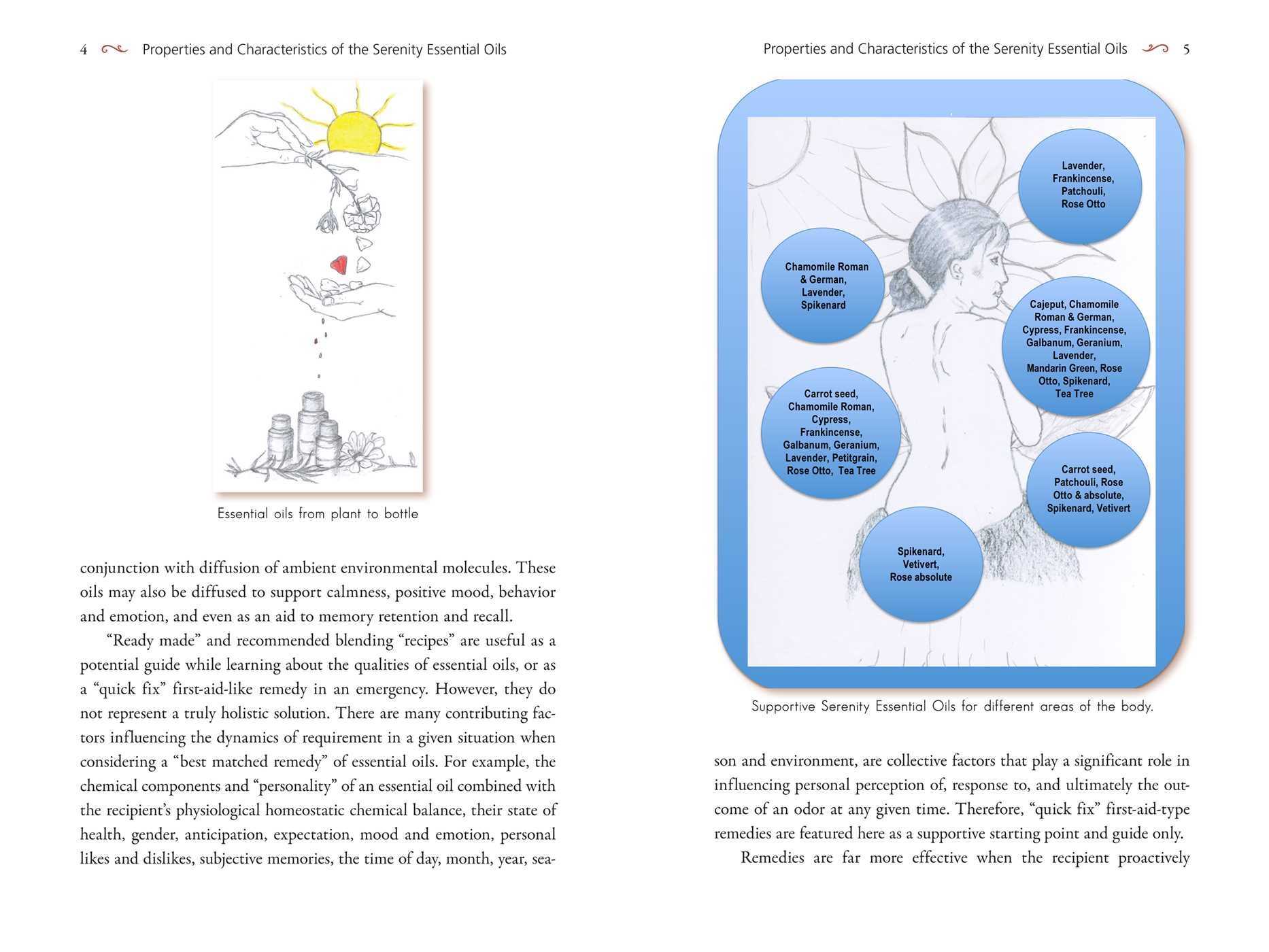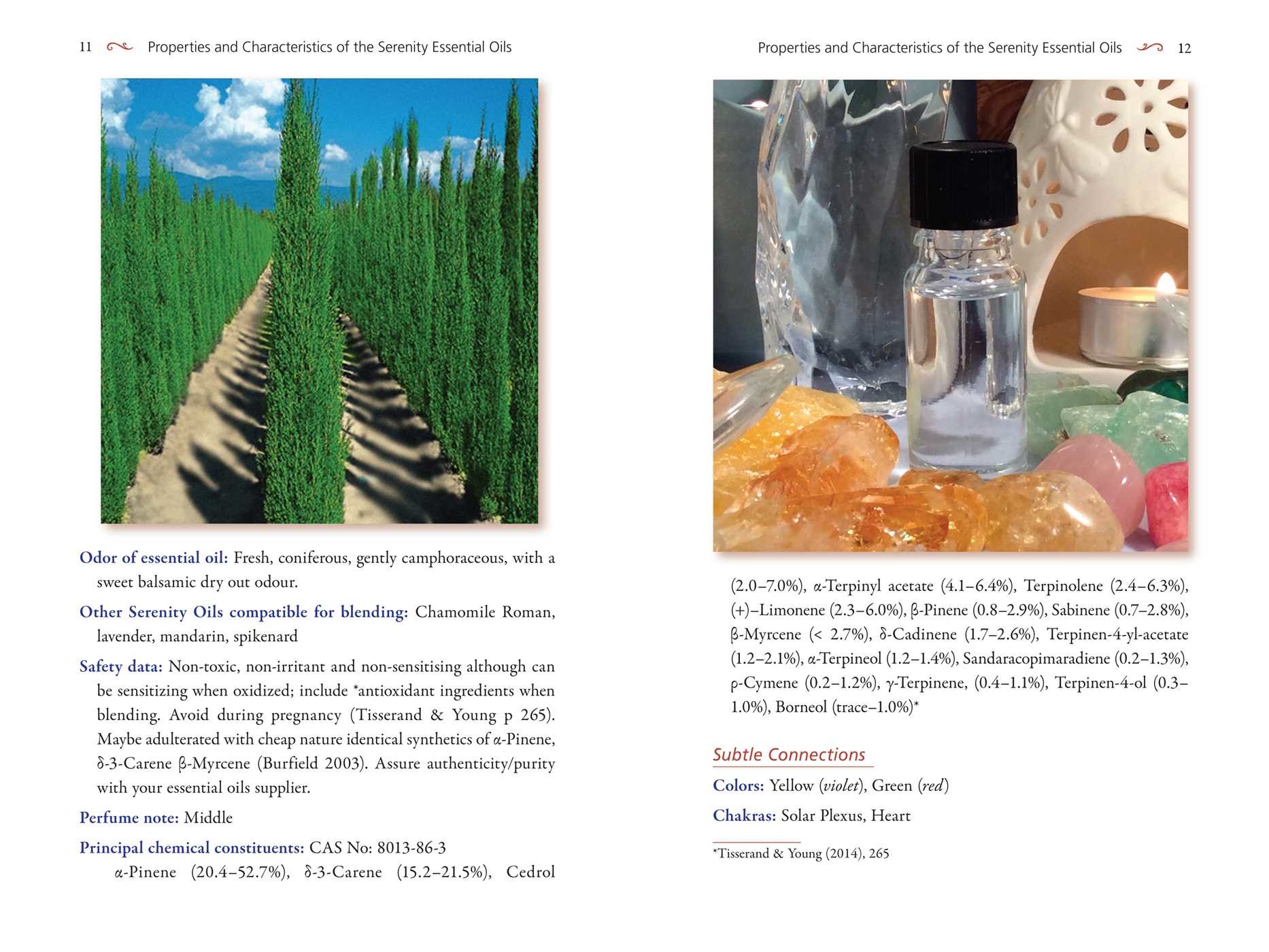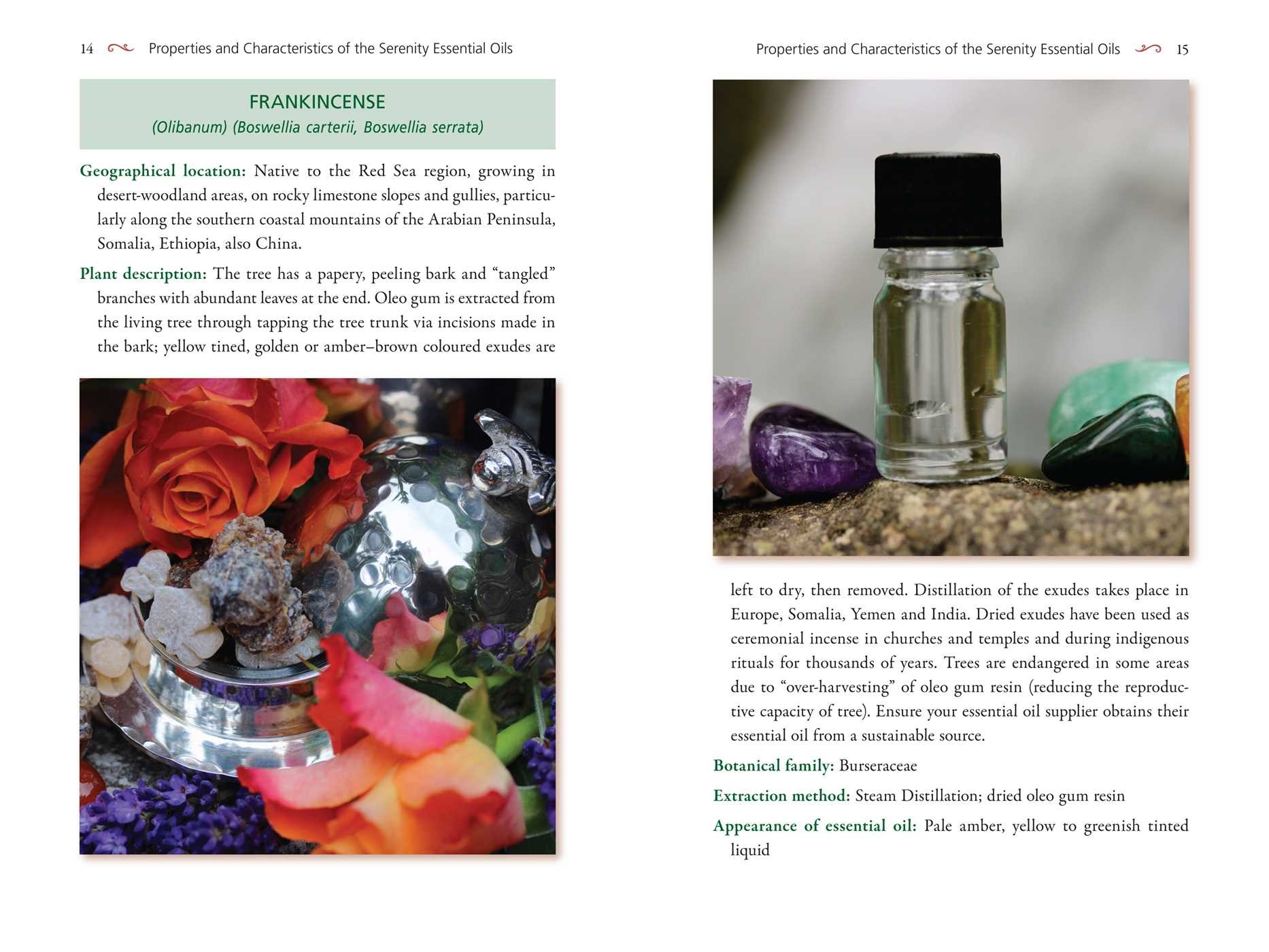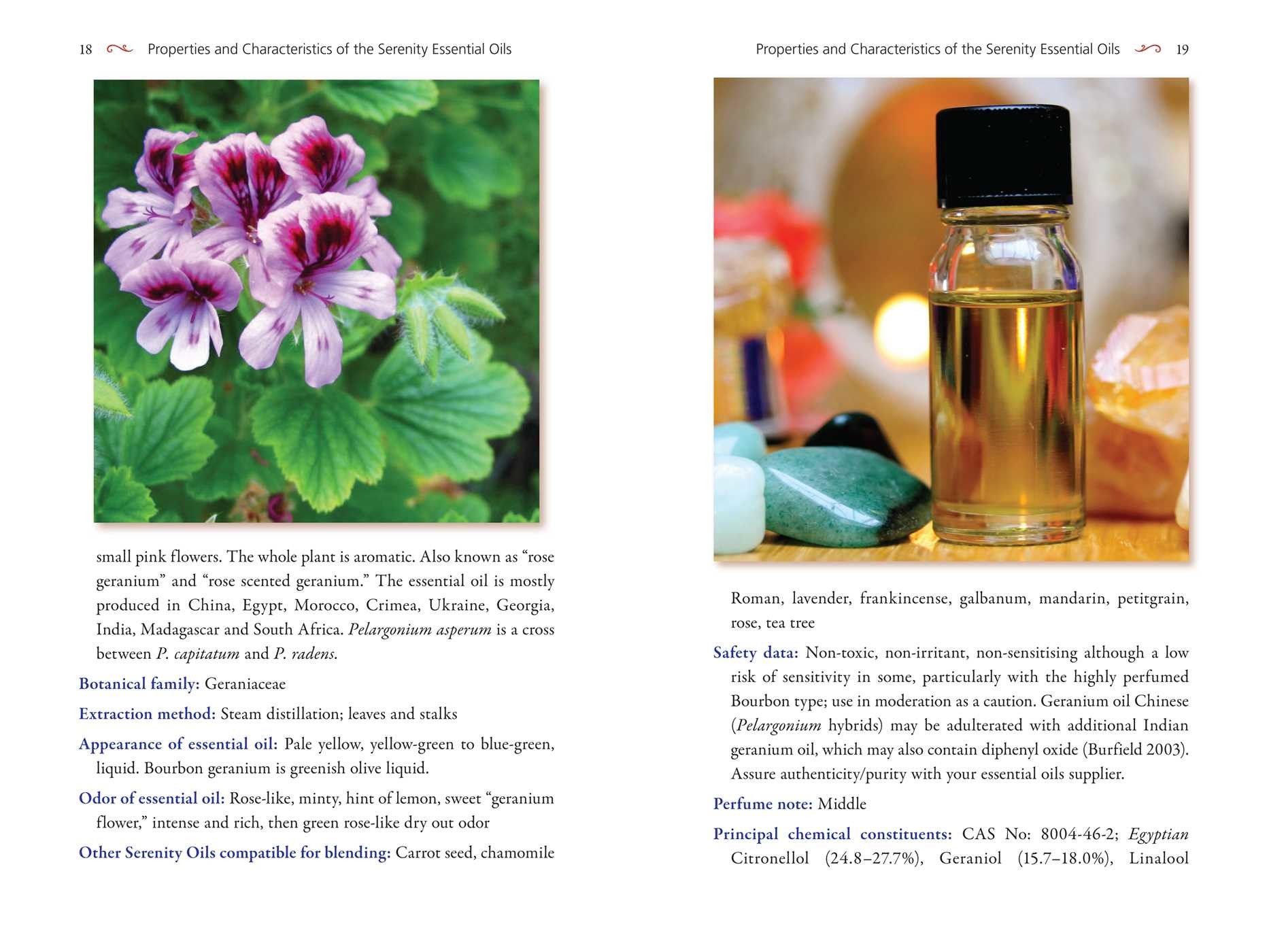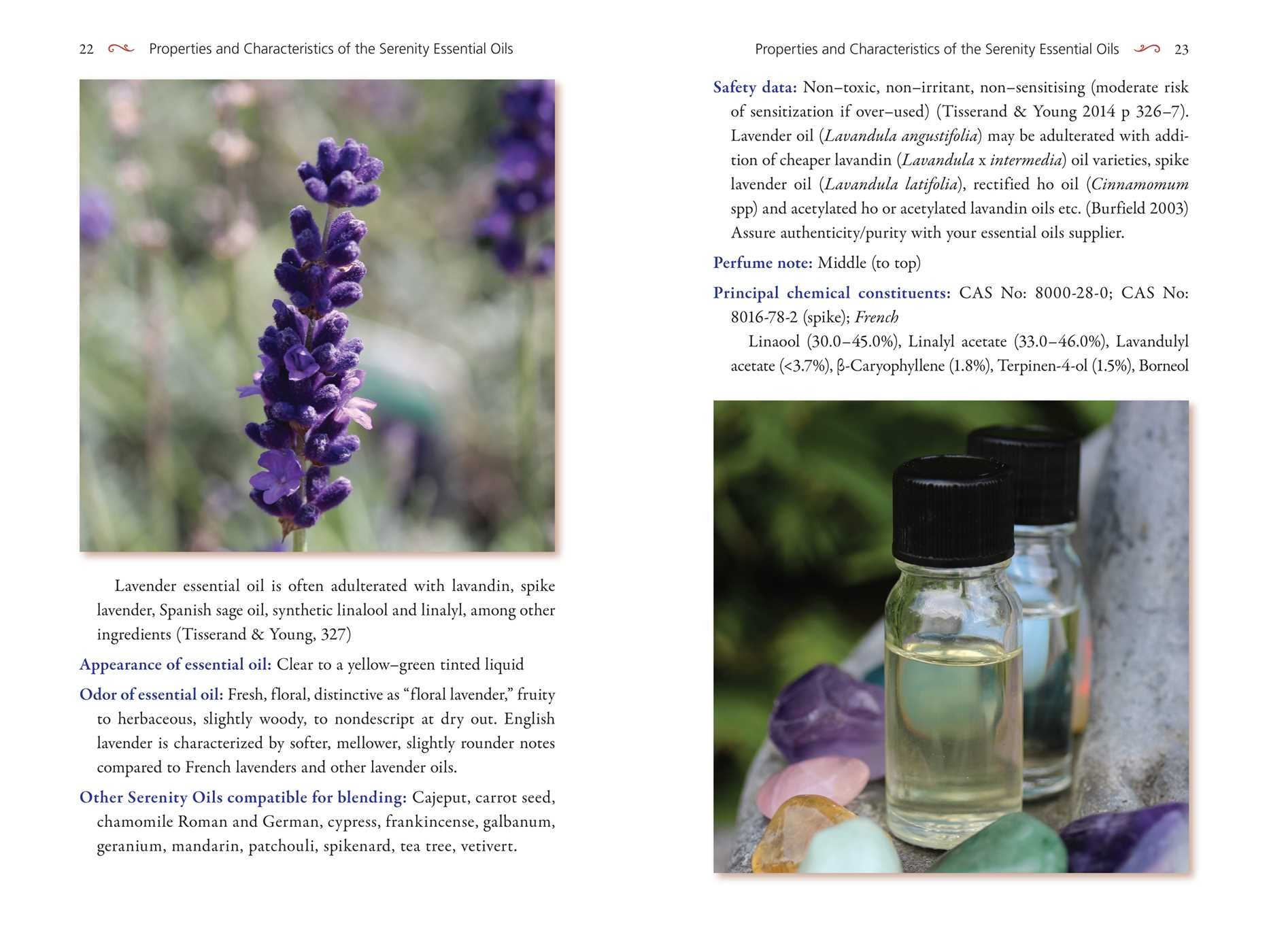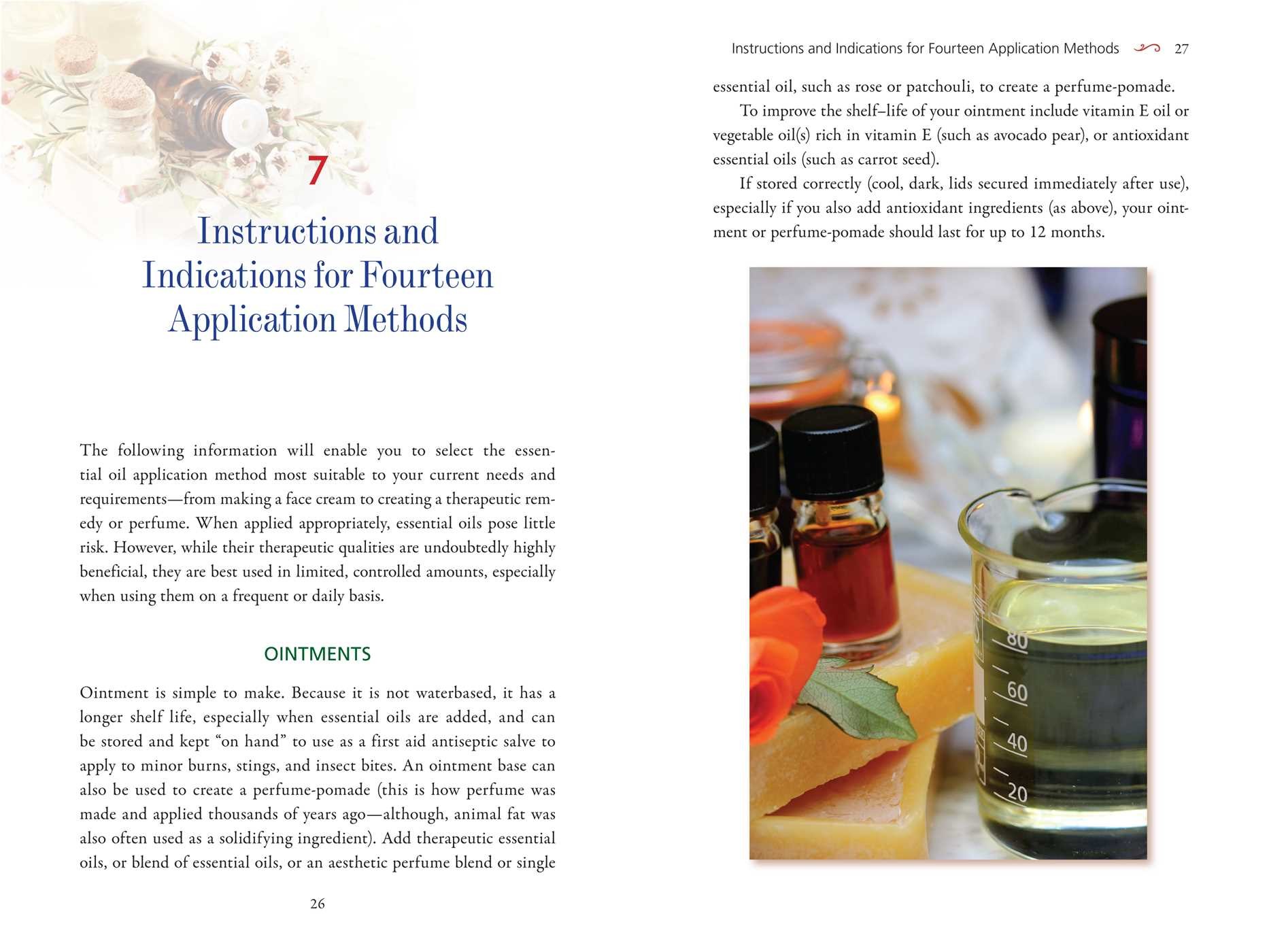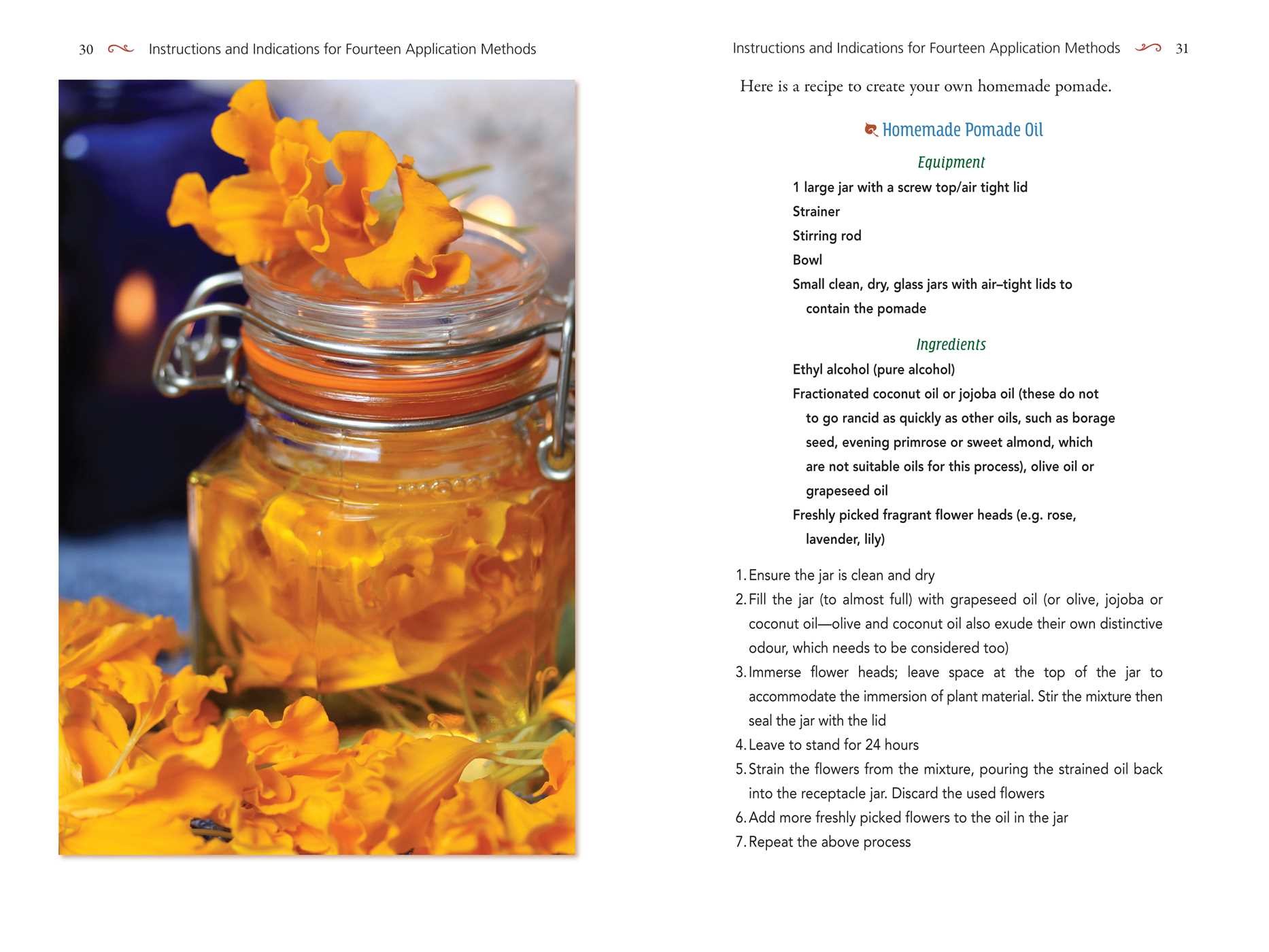Plus get our latest book recommendations, author news, and competitions right to your inbox.
Essential Oils for the Whole Body
The Dynamics of Topical Application and Absorption
Table of Contents
About The Book
• Provides in-depth profiles of 15 essential oils that form a safe and effective “tool kit” for treating a broad range of ailments and conditions
• Examines the body’s many absorption pathways and how applying essential oils in different ways has specific influences on the body’s systems
• Offers guidelines for safe application, including recommendations for children and the elderly, along with easy-to-use charts to select the appropriate oil for each situation
Well known for their aromatherapy applications, essential oils also have outstanding healing abilities when absorbed through the skin. Applied topically they work well for wound healing, arthritis, inflammation, and skin conditions. Because all of the cells in the body are interconnected, they also affect underlying organs, systems, and soft tissues, influencing hormone release, gently relieving pain and stress, and offering antimicrobial protection against pathogens, viruses, and bacteria.
Focusing on 15 essential oils that form a safe and effective “tool kit” for treating a broad range of ailments and conditions, from acne, anxiety, and asthma to psoriasis, shingles, and painful periods, Heather Dawn Godfrey explores how these essential oils complement and support each other’s healing properties and can be blended together to offer dynamic, customizable treatments for each unique individual. She examines the body’s many absorption pathways, explaining how even the internal organs have odor receptors and how applying essential oils in different ways has specific influences on the body’s systems. Offering guidelines for safe application, including recommendations for children and the elderly, the author provides easy-to-reference charts and tables to select the appropriate oil or oils for each situation, and she explains which essential oils should be avoided during pregnancy and by those with specific conditions such as cancer.
Presenting scientific profiles for the 15 main essential oils discussed, Godfrey also explores complementary therapies that increase the effectiveness of essential oils, including Ayurveda and Chinese medicine, and she details the colors, chakras, gemstones, and crystals that correspond with each oil. She provides recipes for proper dilution and the best carrier mediums, including creams, compresses, lotions, and ointments.
Written for both healthcare professionals and for self-care, this hands-on guide will allow you to effectively treat acute and chronic conditions as well as incorporate essential oils into daily life for physical, emotional, and spiritual well-being.
Excerpt
This book is aimed at those who are interested in using essential oils in their everyday lives and also provides a very useful teaching and learning guide and invaluable point of reference for students, healthcare professionals, and other therapists who wish to apply essential safely within their practice. Much of the information is presented in the form of tables, charts, and diagrams, for ease of reading and information retrieval. Although the group of 15 “Serenity oils” form the main focus, other essential oils are also included within some of the information.
The book begins with an overview of the body’s anatomy and functional systems so the reader may understand and relate to how the body works, how essential oils are absorbed and eliminated, how they may procure an influence, and how to appropriately apply them. Pertinent information about the safe use, protocol for creating effective blends, and the multi-dynamical qualities and characteristics of essential oils, including their subtle elements and values, is also included.
Chapter 5. Getting Started: Methods of Use, Remedies, and Recipes
Methods of Application
There are various methods of applying essential oils--from making a face cream to creating a therapeutic remedy or perfume, each suited to specific needs and circumstances. When applied appropriately, essential oils pose little risk; however, while their therapeutic qualities are undoubtedly highly beneficial, they are best used in limited, controlled amounts, especially when using them on a frequent or daily basis. It is very important to use fresh, appropriately stored essential oils, and to measure oils carefully, as they are prone to cause skin and mucous membrane irritation, or sensitivity, if over used or inappropriately applied. As a general rule, 6 drops of essential oil per day is the safe limit applied for epidermal (perfume, massage, cream, lotion, ointment) or direct olfactory (steam inhalation or smelling strip) absorption.
Carrier mediums can enhance permeability, reduce essential oil evaporation, and reduce the irritant effect of many essential oils. They hydrate and moisturize the superficial layers of the skin and/or create an oily barrier, which prevents water loss and slows down essential oil evaporation. The triple combination of vegetable oils, essential oils, and superficial and deep tissue stimulation through massage provides a potent therapeutic modality (remembering too that essential oils are also likely inhaled during this process, stimulating and further enhancing psycho-emotional and physiological responses and benefits).
Creams
Cream can be applied to nurture the skin, especially where it is delicate, or in areas where it is very dry. It also provides a less-slippery lubricant for deep tissue massage, and baby massage. Use a non-perfumed, paraben free and preferably lanolin free base cream. To improve the shelf life of your base cream add vitamin E oil or vegetable oil(s) rich in vitamin E (such as avocado pear), or anti-oxidant essential oils (such as carrot seed).
Recipe for Homemade Cream
You will need:
A large saucepan
A small saucepan
A heatproof (glazed ceramic, pottery or glass) bowl
A stirring rod or long handled spoon
A small spring whisk
Small clean and dry amber or blue glass jars with airtight lids
20 g yellow beeswax
80 ml grapeseed or other appropriate vegetable oil(s)
40 ml distilled water
Method:
a. Quarter fill the large saucepan with water
b. Place bowl into this saucepan
c. Gently heat the water
d. Add the vegetable oil to the bowl and gently heat until warm (but not very hot)
e. Grate, or break the beeswax into small pieces and place into the bowl, stirring to disperse the melting wax into the warm oil
f. Pour the distilled water into the small saucepan and gently heat until warm (approx. 370C)
g. Remove pan from heat, then add the distilled water, one spoonful at a time, to the warm oil and beeswax mixture, whisking to disperse the water into the mixture to create a cream-like texture
h. Stop adding the distilled water once your mixture has reached your desired consistency
i. Spoon the mixture into clean, dry jar(s) and secure the lid(s) firmly
j. Leave to cool before adding essential oil(s)
k. Store in a cool place
You can make up a slightly larger batch of cream and fill several small jars (as above). Do not add essential oils. Store the jars of cream in a fridge (or cold, dark place) until you are ready to use them, at which point you can add your desired essential oil(s). This way the essential oils maintain their integrity within the cream for longer, but also it means you can alter your blend of essential oils with your next jar, or have the option of using an essential oil-free cream as an ‘in between’ break (to reduce risk of sensitization). Ensure lids are tightly closed during storage and do not open until ready to use.
Adding essential oils to face cream
Add up to 8 drops of your selected essential oil or blend of essential oils to 30g jar of base cream (add up to 16 drops of essential oil to 60g jar of base cream).
Method:
a. Make a “hole” in the center of the cream and add the drops of essential oil to the cream
b. Stir the essential oils into the cream using a glass or wooden stirring
rod until the essential oil is evenly dispersed
c. Replace and tightly close the lid immediately and leave to stand for 24 hours in a cool place
d. When applying, preferably remove the cream from the jar with a clean small spoon (or cotton bud) rather than fingers to avoid contamination
e. Keep the cream cool, replace lid immediately after use, and use within 6 weeks.
Common Skin Conditions and Recommended Essential Oils
Acne: Cajeput, carrot seed, chamomile German and Roman, galbanum, geranium, lavender, lavender spike, mandarin, petitgrain, rose, tea tree, vetivert.
Bruises: Geranium, lavender, chamomile Roman. Calendula: essential oil and infused oil.
Product Details
- Publisher: Healing Arts Press (November 19, 2019)
- Length: 320 pages
- ISBN13: 9781620558720
Browse Related Books
Raves and Reviews
“An impressive and comprehensive presentation of what essential oils are, how they work, and how to use them, not only for physical illnesses but also on the psycho-emotional level. A great book on essential oils!”
– Christopher Vasey, ND, author of Natural Antibiotics and Antivirals
“. . . offers a beautiful bridge between the science of aromatherapy and esoteric application. Godfrey presents a truly holistic approach that explores how to support the whole self, from the physical to the emotional and spiritual.”
– Candice Covington, author of Essential Oils in Spiritual Practice
“A lovely book packed full of information about the form and function of the human body and the ways essential oils can interact with it. This book builds on the author’s previous work, Essential Oils for Mindfulness and Meditation, to create an invaluable guide for those who wish to understand essential oils and use them creatively and safely.”
– Sophie Olszowski, PhD, director of SPZ Associates Ltd.
“In times when most aromatherapists are going back to using simple recipes based on the biomedical paradigm, this book opens up another way of looking at topical applications and absorption dynamics. These areas are actually more complex than mechanical interpretation allows and require a book with a holistic, and even spiritual, background combined with scientific insight. It will surely build stronger relationships with the ‘whole body.’”
– Martin Henglein, naturopath, aromatherapist, and osmologist
Resources and Downloads
High Resolution Images
- Book Cover Image (jpg): Essential Oils for the Whole Body eBook 9781620558720


